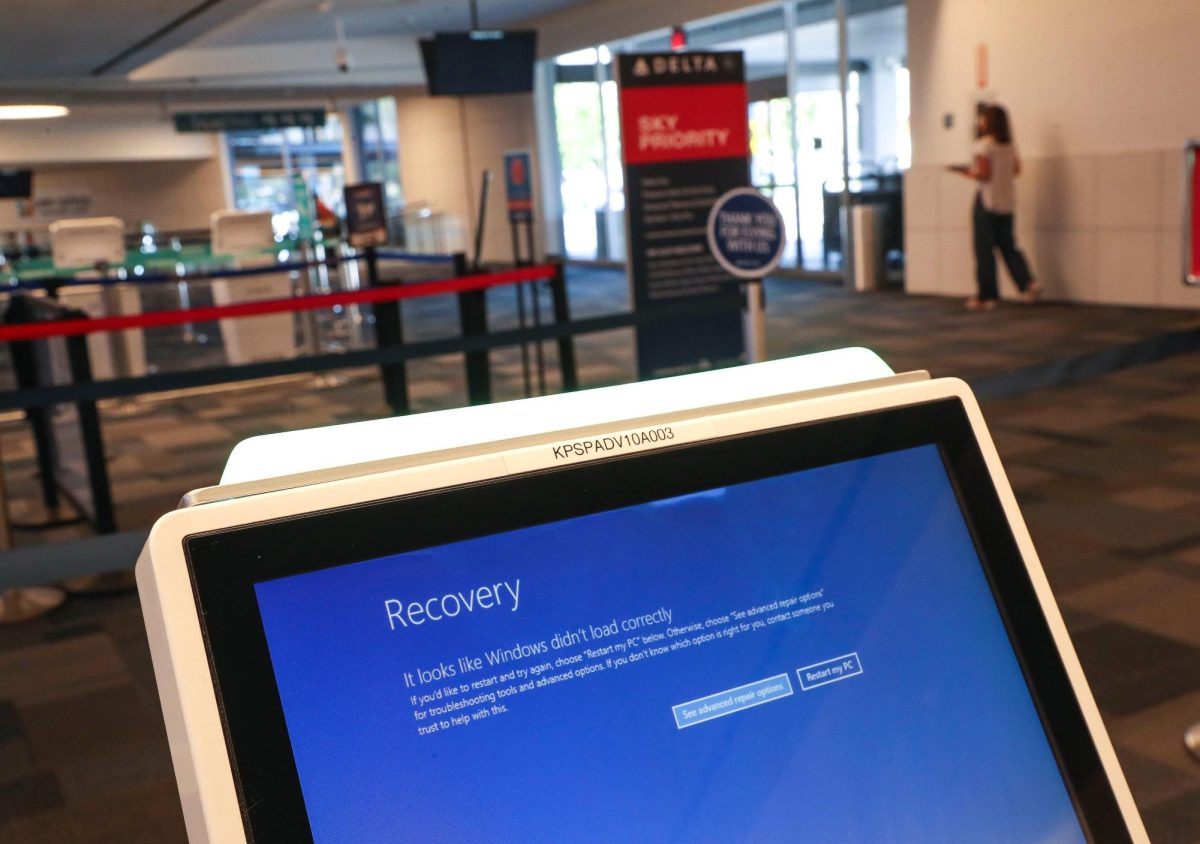Survivors of rape in Johnson County will now have access to free emergency contraception after the Johnson County Board of Supervisors approved $10,000 of funds last week to cover the costs of medication and in rare cases abortion services.
The supervisors’ decision was in response to Iowa Attorney General Brenna Bird’s suspension of reimbursement to medical providers for emergency contraception, and sometimes abortion, for rape survivors. Bird has yet to make a final decision on whether to continue payment but announced she is heavily leaning toward indefinite suspension of funding.
The Johnson County Sexual Assault Response Team provides medical forensic exams, medications to prevent sexually transmitted infections, forensic photography to document injuries, emergency contraception to prevent pregnancy, and forensic evidence collection.
Consisting of a coalition of sexual assault nurse examiners, emergency room staff, rape victim advocates, law enforcement officers, and a prosecuting attorney, the response team provides education services and mental health support throughout the entire process.
Katy Rasmussen, the University of Iowa College of Nursing sexual assault nurse examiner coordinator, said people aged 18 to 24 years old are at a high-risk age of being sexually assaulted, and many of the patients she works with are from other counties that do not provide sexual assault response services. Nurse examiners are available 24/7 to provide medical forensic exams.
Rasmussen said the number of patients is increasing as the grant-funded program faced budget cuts over the past three years, and the program does not have the funds available to absorb the cost of emergency contraception.
RELATED: JoCo Board of Supervisors to soon vote on county paying for rape survivors’ medication
Asking patients to pay for emergency sexual assault services is a huge burden, as it piles on trauma and victimizes survivors, Rasmussen said.
Vice Chair Rod Sullivan shared a similar sentiment, describing the idea of billing victims for emergency contraception services as “horrific.”
In fiscal 2023, the response team treated 101 patients through UI Hospitals and Clinics and Mercy Iowa City. Of those patients, Rasmussen said 46 chose to take emergency contraception.
All services are optional, with patients choosing which services they wish to receive, and less than half of patients chose to take medication, each with their own reasoning, Rasmussen said. She estimated $3,565 was spent last year on ella, an emergency contraception pill.
Supervisor Jon Green motioned to adopt the resolution authorizing the $10,000 in funds at Thursday’s formal session after voicing his support at a previous work session.
“We are helping to sustain an utterly essential service at very, very little cost to the taxpayer,” Green said. “I consider this a no-brainer, it’s excellent value for money, which makes it even more infuriating that the attorney general pulled the plug on this expenditure in the first place.”
The attorney general’s office will continue to cover the cost of sexually transmitted infection medications and physical exams.
Emergency contraception was previously paid for by the Crime Victim Compensation Funds, which consists of fines and penalties paid by convicted criminals. Now, the funds will be taken from the county’s general fund, which is supported by taxpayers.
“Having this funding available means we don’t have to focus our attention on finding money,” Rasmussen said.
















